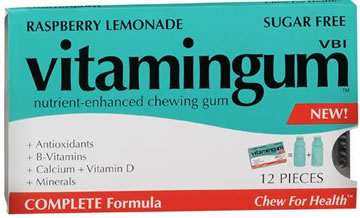A recent Global Health Progress fact sheet highlights how Mexico’s investment in its biopharmaceutical sector has spurred economic growth, fostered global competitiveness, reduced the health and economic burden of disease on local citizens, and improved access to medicines. With the tenth largest economy in the world, Mexico is currently investing more than 1% of its gross domestic product into its biopharmaceutical sector and this percentage is anticipated to increase as the country works to develop tomorrow’s medicines.
Like the U.S. and other big emerging markets, Mexico has recognized the potential of the biopharmaceutical sector to be an important source of economic growth through the creation of high-quality, high-skilled jobs. Currently, Mexico’s biopharmaceutical sector employs nearly 25,000 Mexican nationals at more than 32 biotechnology companies. The number of skilled workers entering the workforce is predicted to increase as more than 750,000 engineering and technology students in Mexico are currently enrolled in local universities. Additionally, collaboration between the public and private sector has resulted in the creation of more than 100 research centers.
Mexico’s emphasis on job creation stimulates the developments of new drugs, which improves access to medicines for its entire citizenry. For example, there are approximately 254 medicines in development or awaiting regulatory review for Mexican patients and Mexico currently ranks 19 out of 25 in terms of active clinical trial sites. The growth in share of global clinical trial sites can bring health benefits to Mexican patients, such as diffusion of medical knowledge, greater patience access to medicines and high quality care and effective medical practice.
Recognizing the potential for economic growth, improving access to medicines and inspiring drug innovation, the Mexican government has sought to implement policies to foster the growth of the sector. The National Council for Science and Technology, the principal government funding agency for scientific research in Mexico, provided approximately US $16 million to fund basic science projects between 2001 and 2004. Mexico also has several bioclusters, made up of biotechnology, biopharmaceutical and related companies, focused on pharmaceutical R&D. In addition, public-private partnerships between the Mexican government, academia and industry are increasing due in part to the government’s continued commitment to science and technology research and education.
Please view full PDF for additional information and list of sources.
Via EPR Network
More Healthcare press releases









